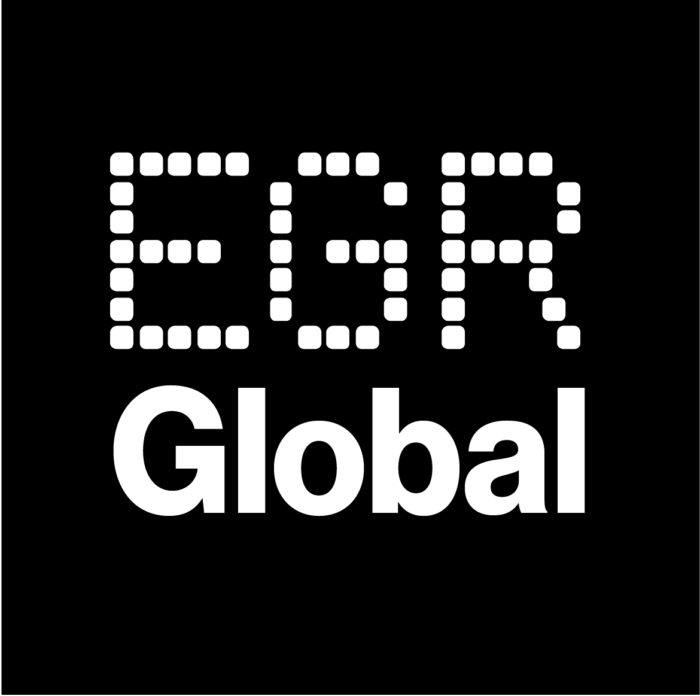
Industry predictions: UK stake limits look likely and firms will struggle to see returns in US
GBGC's Warwick Bartlett and David Inzani of Poppleston Allen predict the big themes in online gaming next year

24/12/2021
Want access?
Subscribe today
Want to keep accessing great content like this? Click the button below to complete our membership form or email support@egr.global, and our team will reach out to schedule a demo.
Related Articles
Financial Reports
Catena Media shares soar 80% after Q4 revenue boost
Financial Reports
Gaming Realms expects FY 2025 revenue of £31m driven by global growth